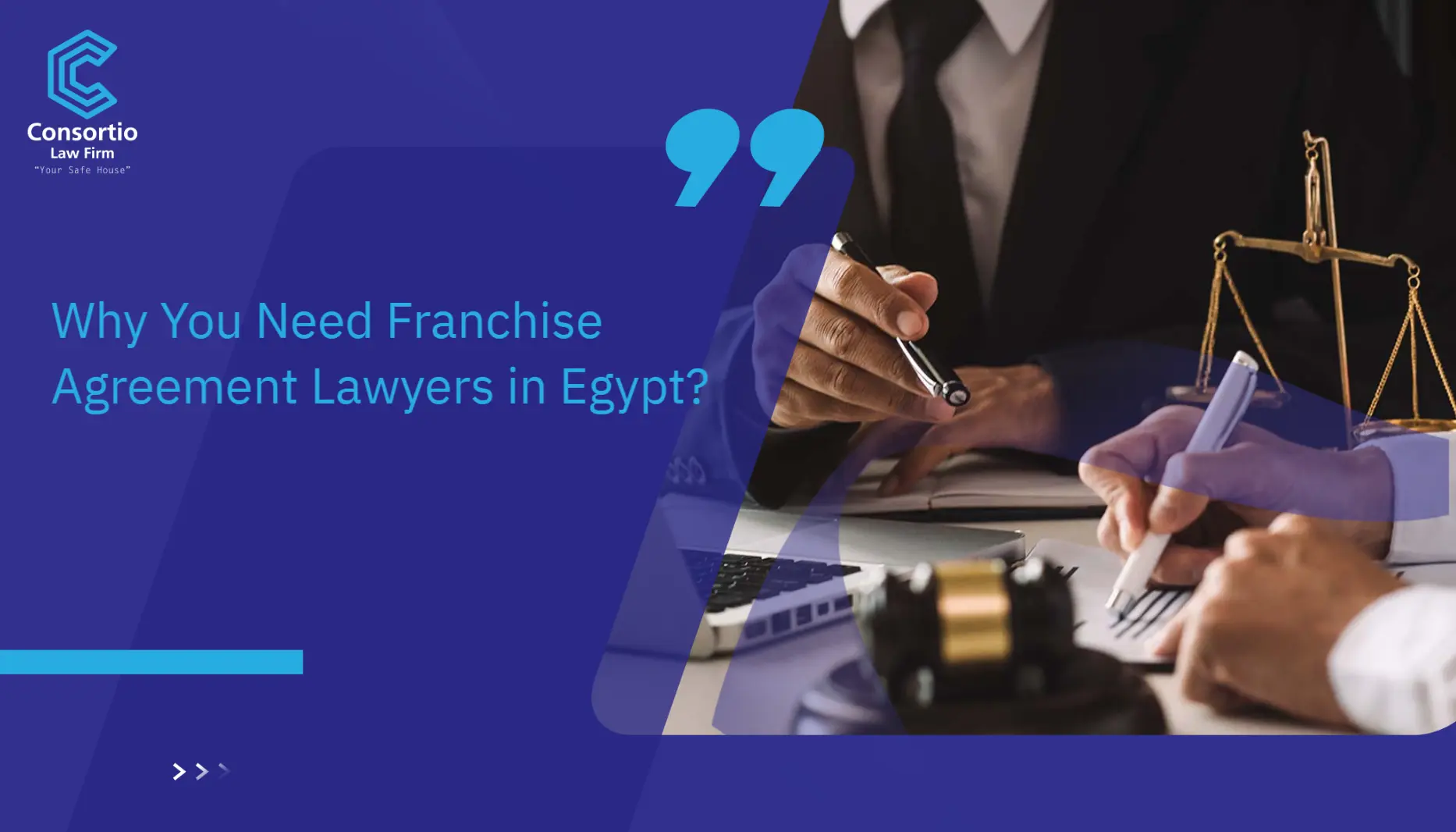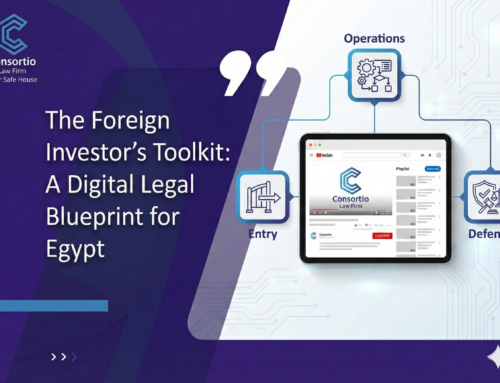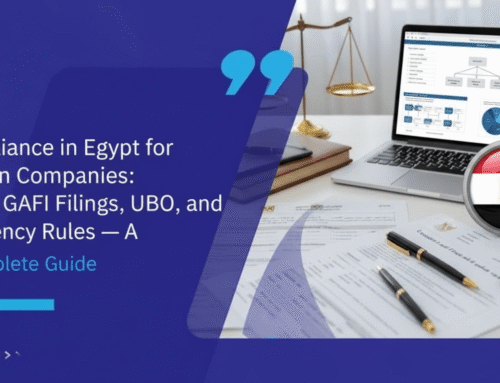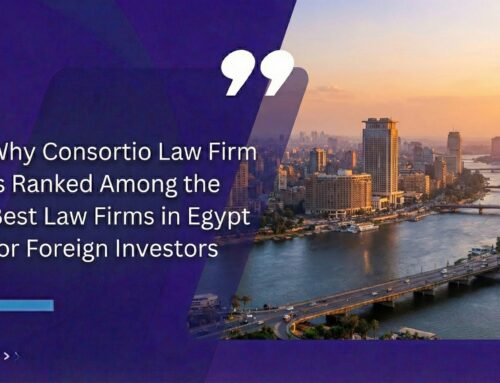Franchising isn’t just about business growth; it’s about building empires. But even the most brilliant franchise concept can crumble without the right legal structure. That’s where elite Franchise Agreement Lawyers in Egypt come in to be your strategic allies who turn complex legal jargon into clear, actionable steps. They safeguard your brand, streamline your agreements and help you build lasting partnerships that fuel growth.
Understanding the Legal Framework for Franchising in Egypt
Egypt does not have a dedicated franchise law. Instead, franchising is regulated under a combination of existing legal frameworks, such as:
- Civil Code (Law No. 131 of 1948): Governs contracts in general, including franchise agreements.
- Commercial Code (Law No. 17 of 1999): Regulates commercial transactions and agency relationships.
- Commercial Agency Law (Law No. 120 of 1982): Sometimes applied to franchise relationships, especially when they involve product distribution.
- Intellectual Property Law (Law No. 82 of 2002): Protects trademarks, copyrights, and patents, it crucial in any franchise setup.
- Tax Law, Employment Law and Consumer Protection Law: These also apply depending on the franchise’s structure and operations.
For foreign franchisors looking to enter the Egyptian market typically must:
- Establish a local entity or work through an Egyptian master franchisee.
- Ensure that IP rights are properly registered locally.
- Should seek to align contracts with Egyptian law (or specify applicable foreign law, while understanding enforceability under Egyptian courts).
Why You Need Franchise Agreement Lawyers in Egypt?
Hiring a franchise agreement lawyer in Egypt is essential if you’re planning to start, buy into or expand a franchise in the country. Here’s why:
-
Compliance with Egyptian Law
Franchise arrangements in Egypt are governed by a combination laws. A local lawyer ensures your agreement complies with:
- Egyptian Commercial Code.
- Intellectual Property Protection Law.
- Tax regulations.
- Foreign Investment laws (for international franchises).
Without legal guidance, you risk violating laws that could void the agreement or incur penalties.
-
Protecting Your Interests
Franchise agreements are often drafted by franchisors and can be heavily one-sided. A franchise lawyer:
- Reviews and negotiates terms (fees, royalties, obligations, duration, etc.).
- Clarifies territorial rights, termination clauses and renewal terms.
- Ensures dispute resolution mechanisms (e.g. arbitration in Egypt) are fair.
This protects your financial and operational interests long-term.
-
Intellectual Property and Branding
Franchises rely heavily on trademarks, logos and business systems. Lawyers help:
- Register and protect trademarks under Egyptian law.
- Ensure the agreement allows proper use of brand assets.
- Prevent IP misuse and litigation.
-
Tax and Regulatory Strategy
Egyptian tax laws affect franchise operations differently based on structure. Lawyers assist with:
- Understanding franchise taxation.
- Structuring agreements to minimize tax liability.
- Navigating foreign currency exchange and repatriation of profits.
-
Risk Mitigation
Franchising involves risk, legal, financial and operational. Lawyers help:
- Identify potential risks in the agreement.
- Draft clauses that reduce liability.
- Create clear exit strategies.
-
Support in Disputes or litigation
If conflicts arise, having an expert lawyer who understands both local and franchise law is crucial. They can:
- Represent you in local courts or arbitration.
- Mediate between franchisor and franchisee.
- Enforce or terminate agreements legally.
-
Handling International Franchises
If you’re bringing an international franchise to Egypt or taking an Egyptian brand abroad, specialized lawyers help with:
- Cross-border legal issues.
- Translation and legal localization of agreements.
- Regulatory approvals and filings.
How Egyptian Franchise Agreement Lawyers Assist Foreign Investors?
Egyptian franchise agreement lawyers play a crucial role in assisting foreign investors who want to enter or expand into the Egyptian market.
Here’s how they provide value at each stage of the franchise process:
- Ensure the franchise agreement follows Egyptian laws.
- Translate and adapt the contracts to be enforceable in Egypt.
- Register the trademarks and protect brand legally.
- Advise on the best legal structure for entering the Egyptian market.
- Help negotiate fair terms with local franchisees.
- Draft strong dispute resolution clauses.
- Represent clients in court or arbitration if conflicts arise.
- Help getting business licenses and regulatory approvals.
- Guide on taxes, profit transfers and currency laws.
- Provide ongoing legal support to keep business compliant.
“Consortio Law Firm” is a trusted partner for businesses seeking to establish a franchise presence in Egypt.
With our top-tier Franchise Agreement Lawyers, franchisors and franchisees can confidently expand their operations in Egypt, knowing their legal interests are fully protected and their business is set up for long-term success.
For more info., please Contact us Today and schedule a consultation via:
Phone number: 002-01028806061.
Via: WhatsApp.
Email: Info@consortiolawfirm.com.
FAQ’s
-
What Is a Franchise Agreement?
A franchise agreement is a contract that outlines the terms and conditions between a franchisor and a franchisee for operating a franchise.
-
What does a franchise agreement lawyer do?
A franchise agreement lawyer helps draft, review and negotiate franchise contracts to protect your legal rights.
-
What should I look for in a franchise agreement lawyer?
Look for experience in franchising, knowledge of Egyptian commercial law and strong negotiation skills.
-
Can a lawyer help me terminate a franchise agreement?
Yes, a lawyer can review your contract and help you exit legally and minimize penalties.
-
What risks can a franchise agreement lawyer help me avoid?
They can help avoid hidden fees, unfair obligations, territorial restrictions and one-sided termination clauses.





